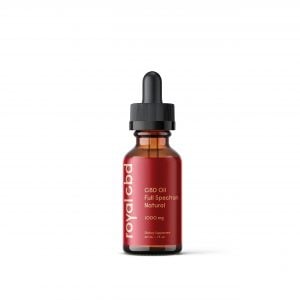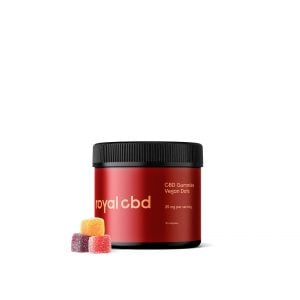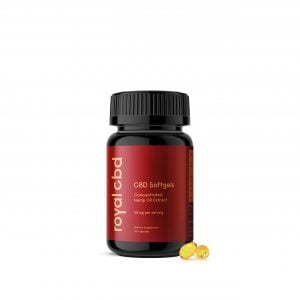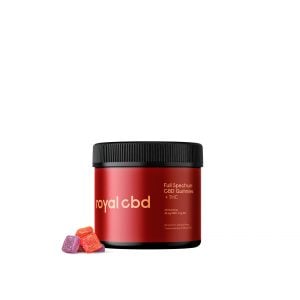With 14% of Americans using some form of CBD, it’s normal that people are asking if health insurance covers CBD oil.
The issue is confusing – just like the legality of CBD and THC.
If you’re wondering:
- Does my insurance company cover CBD oil?
- What are the insurance-covered cannabis products?
- Can I get reimbursed for using medical marijuana?
This article is for you. We share the current state of affairs surrounding CBD oil and insurance companies.
Is CBD Oil Covered by Health Insurance?

As of today, no, they don’t.
Currently, most health insurance agencies refuse to cover CBD oil, even when a doctor recommends it.
An increasing number of physicians are taking notice of CBD’s health benefits and its potential to address various health needs. So far, CBD seems to have a favorable safety profile, with no dangerous side effects.
Doctors became motivated and started recommending CBD as a health supplement to support the well-being of their patients. That’s why patients are asking “does my health insurance cover CBD oil?”
While not an option with public insurance companies, in certain regions, CBD may be covered by private insurance companies — but that doesn’t apply to everyone.
In the US, health insurance only covers Epidiolex. It’s a prescription drug containing purified, synthetic CBD. The FDA approved it for treating rare forms of epilepsy.
Other countries, such as Canada or the UK, cover Sativex, another CBD-based medication for pain and muscle spasticity caused by Multiple Sclerosis.
Why Health Insurance Companies Don’t Cover CBD Oil
Even though the evidence backing the health benefits of CBD oil is piling up, and even if some professionals are recommending it to their patients, health insurance still doesn’t cover the costs.
So why do insurance companies refuse to pay for CBD oil when most pharmaceutical drugs — with more severe side effects and higher prices — are covered.
Here are the two main reasons:
CBD Oil from Hemp Isn’t FDA-Approved
Hemp-derived CBD oil is classified as a “novel food” or “novel drug,” so it doesn’t fall into the bracket with other medications. It’s not an FDA-approved product, so doctors aren’t authorized to officially prescribe it — and health insurance companies won’t cover anything that isn’t FDA-approved.
CBD Comes from Cannabis
Cannabis has a murky legal status in the USA. So far, only hemp was legalized in 2018 by the amended Farm Bill. However, marijuana remains a Schedule 1 drug according to the Controlled Substances Act of 1970. 17 states have legalized it, but the federal grip over the plant remains unchanged.
Because there’s so much confusion around both types of cannabis, insurance companies shy away from covering CBD oil. The problem reaches beyond insurance companies because even local shipping providers won’t deliver marijuana in states where it’s legal.
Do Patients Have an Alternative for Buying Less Expensive CBD Oil?
Right now, if you want to purchase CBD oil for its health benefits, you must pay out of your own pockets. Financial assistance isn’t available for patients using CBD products, even with a doctor’s recommendation.
Because CBD isn’t regulated, you need to be aware of potential scammers. High-quality CBD oil can cost upwards of $100 per bottle, and many fake brands leverage this situation to lure unaware consumers with cheap CBD oils.
Cheap CBD oil is a bad oxymoron. There’s too much effort, knowledge, and cost involved in its production to make it as cheap as hemp seed oil.
The good news is that you can save plenty of money on buying high-quality CBD oil from premium suppliers. For example, at Royal CBD, we give you a 15% discount on your first order. You can also use our subscription model to further cut down the price of your favorite products. And if you’re a regular customer, we have a special Royalty reward program where you earn special crowns with each order; you can later spend these crowns to get a considerable discount.
Health Benefits of Using CBD Oil
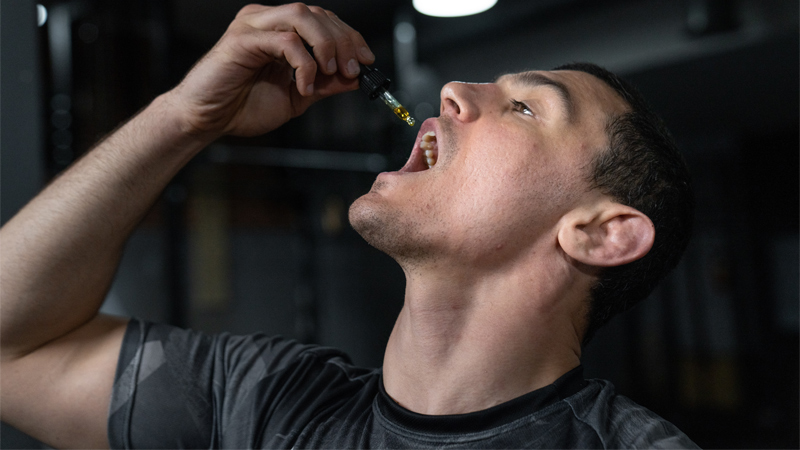
The past few decades have been remarkably fruitful for CBD. A large portion of this research is promising, and there are a lot of scientific papers that acknowledged the health benefits of CBD.
So far, health insurance will cover CBD as a treatment for those using FDA-approved drugs like Epidiolex or Sativex — primarily for seizures, muscle spasticity, and the side effects of chemotherapy.
However, CBD has more to offer, including (1):
- Reduced stress
- Enhanced focus
- Increased energy
- Support for healthy sleep cycles
- Skin nourishment
- Alleviated physical discomfort
- Neuroprotection
Who Uses CBD Oil?
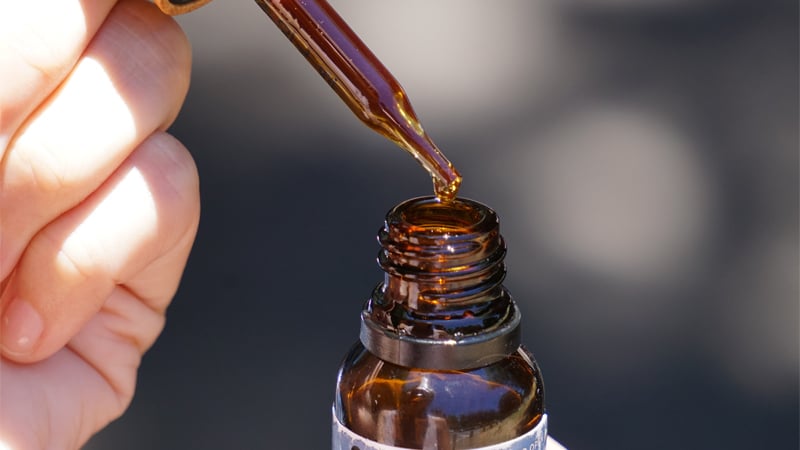
According to a 2019 Gallup poll, 14% of Americans report using CBD products, such as oils, capsules, gummies, bath products, and lotions (2).
Despite limited clinical trials on the benefits of CBD, preliminary human studies have yielded promising results.
The poll found that people use CBD for physical discomfort, restorative sleep, stress, and skin health. Pharmaceutical drugs may cause unpleasant side effects and don’t offer relief to everyone.
So the promise of a natural compound offering such great versatility for human health is appealing.
CBD Insurance FAQ
Does Medicare cover CBD Oil?
Medicare insurance plans only cover treatment received in a hospital or doctor’s office. The plans have parts A and B. Part B covers a very restricted number of prescription medications, and CBD products aren’t on that list.
Medicare customers can purchase a Part D prescription drug plan to expand their insurance coverage. They may also apply for private insurance through a Medicare Advantage (Part C), many of which cover prescription drugs.
Nevertheless, CBD oils don’t qualify for any part of the insurance plan due to the aforementioned lack of regulations from the FDA.
Your Medicare Part D or Advantage Plan only covers Epidiolex, an antiepileptic drug-containing isolated CBD.
Hopefully, with so many potential uses of CBD, Medicare’s stance may change in the future, especially since many clinical trials are now conducted with regard to CBD’s therapeutic potential.
Does Health Insurance Cover THC?
Many people use medical marijuana in their states, so it’s natural to wonder if health insurance covers marijuana-derived CBD and THC products. After all, your doctor may be able to prescribe it to you just like any other pharmaceutical.
Unfortunately, this isn’t the case for marijuana. Most insurance companies refuse to cover medical marijuana because cannabis is still classified as a Schedule I drug.
There’s a light in the tunnel, though. Recently, the New York State Senate has passed a bill that obliges public insurance companies to cover medical marijuana treatments. Although private insurance agencies are exempted from this obligation, they have received a strong recommendation from lawmakers to follow their public counterparts.
Once other states hop on that idea, it may create enough pressure to persuade federal authorities to decriminalize marijuana once and for all.
What Cannabis Products (CBD and THC) Are Covered by Insurance?
Most CBD and THC products available in dispensaries, head shops, and online retailers aren’t covered by your insurance plan.
However, the FDA approved a few cannabis-based medications:
- Epidiolex – the drug is approved to treat seizures in children, so it’s only prescribed in a limited number of cases. It contains a synthetic form of CBD in a pill form (3).
- Nabilone – this medication has a similar chemical structure to THC. However, it’s synthetic, man-made THC, so it’s not found in nature. Nabilone is prescribed to treat nausea and vomiting in patients after chemotherapy. Researchers are also investigating its potential as a treatment for Alzheimer’s disease agitation (4).
- Marinol and Syndros – are two other FDA-approved synthetic THC drugs. They’re prescribed for anorexia, AIDS, nausea, and vomiting (5).
- Sativex – an oral solution containing a 1:1 ratio between CBD and THC. Doctors prescribe it to treat muscle pain and spasticity in patients with multiple sclerosis (6).
Bottom Line: Will Insurance Companies Cover CBD in the Future?
For now, no insurance company will cover the widely-available CBD oils. If you want your plan to cover cannabis treatments, you need to be prescribed one of the aforementioned synthetic drugs.
As the laws surrounding cannabis and individual cannabinoids are changing, so are the attitudes of insurance companies towards the plant. Maybe one day CBD and THC products will be covered by health insurance, which is very likely to happen considering the recent moves of New Yorkers.
For affordable yet top-shelf CBD, check out the Royal CBD line of organic hemp extracts and join our reward program to save even more on high-quality products.
Sources:
- Corroon, J., & Phillips, J. A. (2018). A Cross-Sectional Study of Cannabidiol Users. Cannabis and cannabinoid research, 3(1), 152–161. [1]
- Brenan, M. (2019). 14% of Americans Say They Use CBD Products. Gallup News.
- Abu-Sawwa, R., Scutt, B., & Park, Y. (2020). Emerging Use of Epidiolex (Cannabidiol) in Epilepsy. The journal of pediatric pharmacology and therapeutics : JPPT : the official journal of PPAG, 25(6), 485–499. [2]
- Herrmann, N., Ruthirakuhan, M., Gallagher, D., Verhoeff, N., Kiss, A., Black, S. E., & Lanctôt, K. L. (2019). Randomized Placebo-Controlled Trial of Nabilone for Agitation in Alzheimer’s Disease. The American journal of geriatric psychiatry : official journal of the American Association for Geriatric Psychiatry, 27(11), 1161–1173. [3]
- May, M. B., & Glode, A. E. (2016). Dronabinol for chemotherapy-induced nausea and vomiting unresponsive to antiemetics. Cancer management and research, 8, 49–55. [4]
- Markovà, J., Essner, U., Akmaz, B., Marinelli, M., Trompke, C., Lentschat, A., & Vila, C. (2019). Sativex® as add-on therapy vs. further optimized first-line ANTispastics (SAVANT) in resistant multiple sclerosis spasticity: a double-blind, placebo-controlled randomised clinical trial. The International journal of neuroscience, 129(2), 119–128. [5]
